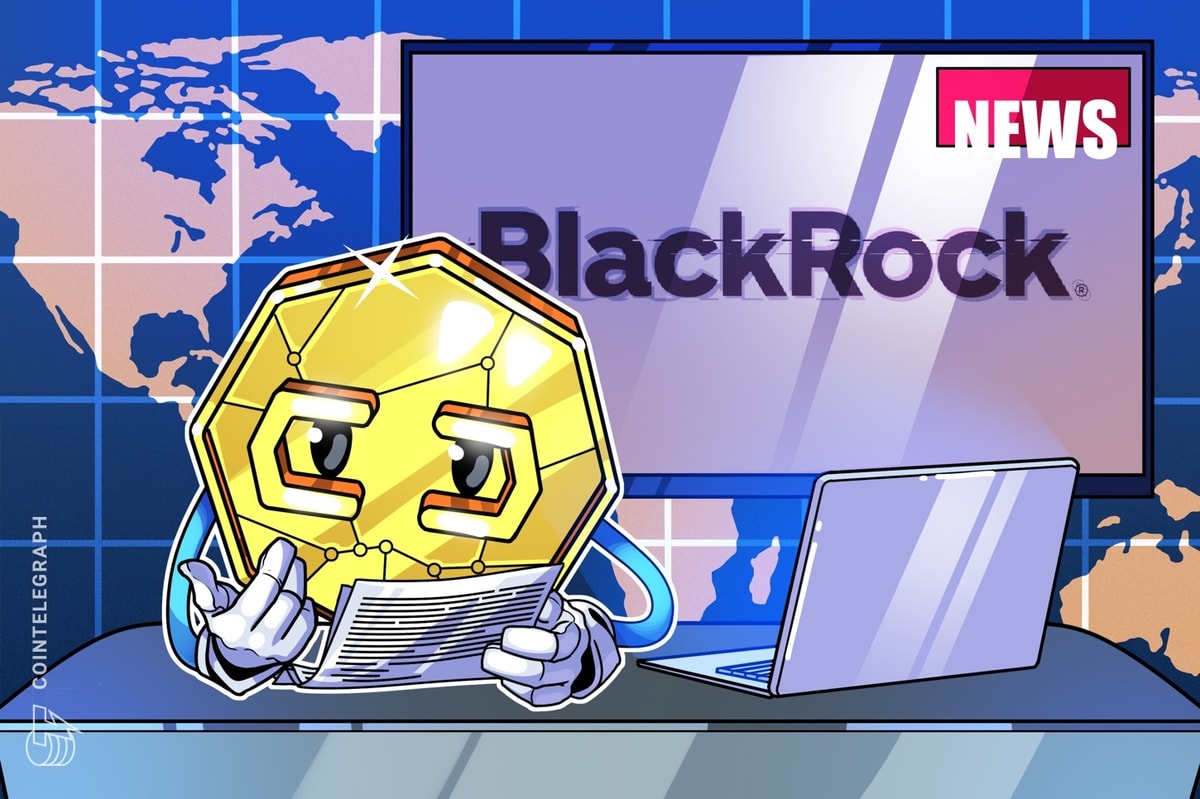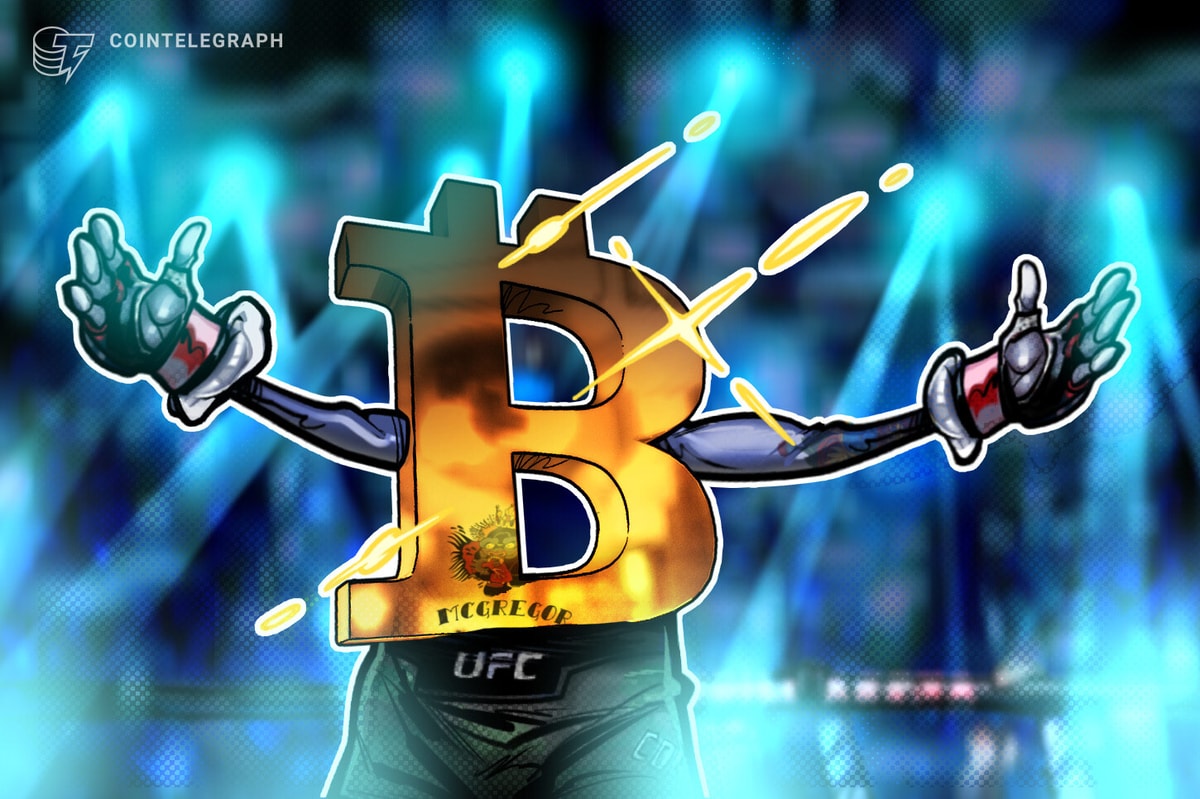 Pi Network banks on gaming to revive ecosystem amid token’s 17% decline Oluwapelumi Adejumo · 48 seconds ago · 2 min read
Pi Network banks on gaming to revive ecosystem amid token’s 17% decline Oluwapelumi Adejumo · 48 seconds ago · 2 min read
Pi Network's gaming pivot sees FruityPi game launch, offering developers integration incentives to attract new projects.

Cover art/illustration via CryptoSlate. Image includes combined content which may include AI-generated content.
The Pi Network is shifting focus to gaming as part of its broader effort to revive user engagement and restore confidence in its ecosystem.
On May 30, the Core Team announced plans to use interactive entertainment to boost engagement and unlock new use cases for its native token and app infrastructure.
The move follows the launch of FruityPi, a game designed to showcase how developers can build on Pi’s ecosystem.
The team stated:
“FruityPi is a deceptively simple fruit-merging game that’s live now in the Pi Browser. Players drop fruit into a bin, trying to evolve them into bigger and rarer fruits, all while avoiding an overflow.”
The Pi Core team explained that future games can integrate core tools like the Pi Wallet, Pi Ad Network, and token into their project while leveraging the network’s large user base for visibility and traction.
They also encouraged developers to apply for support from Pi Network Ventures if their projects demonstrate meaningful adoption.
In April, the network announced the creation of Pi Network Ventures, a $100 million fund to support startups that embed Pi into real-world applications. Grants from the fund are distributed in Pi tokens and sourced from the 10% ecosystem development reserve.
Pi’s Mainnet app expansion continues despite token slide
In tandem with its gaming push, the Pi Network added five new apps to its Mainnet Ecosystem Interface. These include a snake-themed arcade game, shopping platforms, and apps focused on token-related information.
According to the team, each new application met the platform’s updated functionality, utility, and compliance standards.
This wave of development follows months of internal controversy.
Last month, community members raised concerns over the project’s transparency and alleged market manipulation. Critics accused the team of using events like Consensus 2025 to generate buzz, inflate token value, and potentially offload holdings.
These issues have had a negative impact on the market sentiment surrounding the token.
According to CryptoSlate’s data, the Pi token dropped more than 16% to $0.64203 over the past week. This represents a staggering 99.7% decline from its all-time high of over $200.


















 English (US) ·
English (US) ·